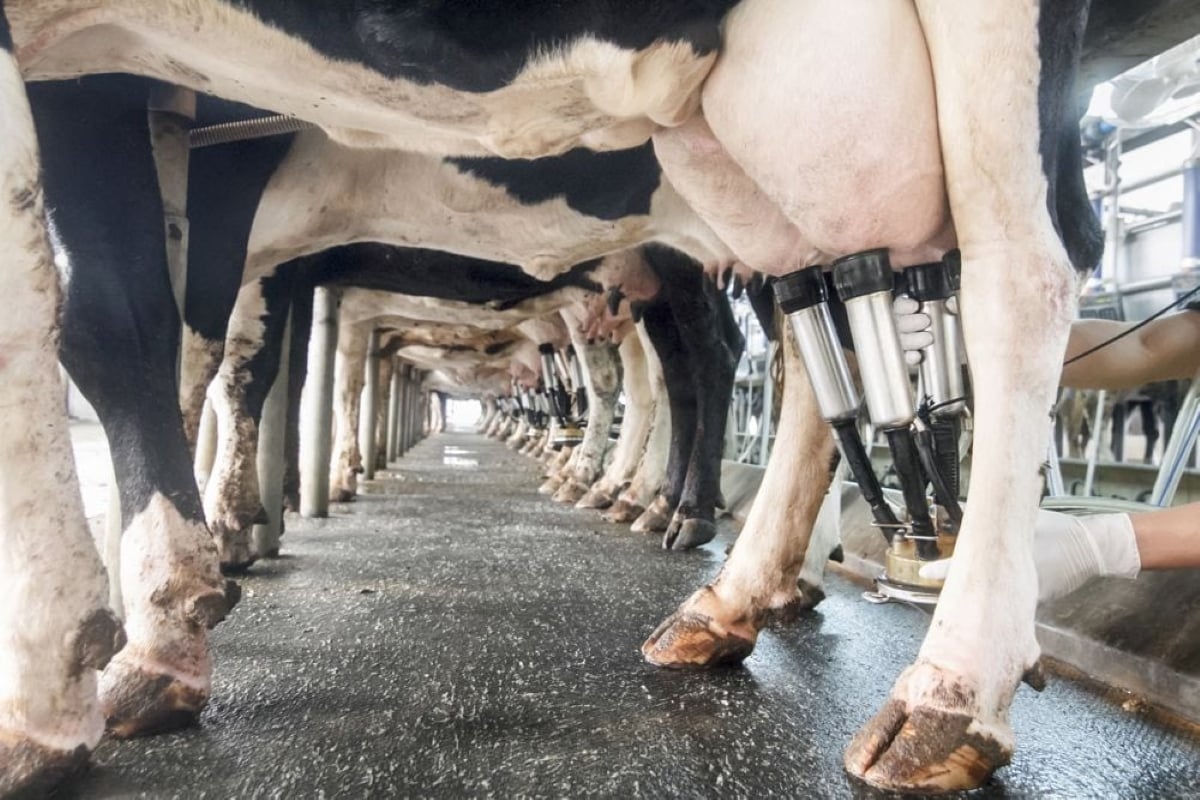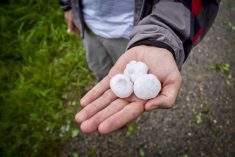Saskatchewan health officials are reminding people to take precautions against hantavirus when spring cleaning their garage, cabin or Quonset.
The virus is contracted by breathing in contaminated air particles from the droppings, urine and saliva of infected deer mice.
Fever, muscle aches, cough, headaches, nausea and vomiting are symptoms.
“Symptoms then get worse and lead to a severe and often fatal lung disease known as hantavirus pulmonary syndrome,” said deputy chief medical health officer Dr. Denise Werker.
Anyone who develops a fever, coughing and shortness of breath one to six weeks after potential exposure should seek immediate medical attention, she said.
Read Also

Farm gate milk price to rise in 2026
The Canadian Dairy Commission will raise its farm gate milk price by 2.3255 per cent in February, the Crown corporation announced on Friday.
Thirty cases of the syndrome have been reported In the last 20 years. Ten were fatal.
Deer mice are found throughout the province and the risk of hantavirus increases as the weather warms up and people resume activities such as cleaning outbuildings, moving woodpiles, handling grain or cleaning farm equipment, said rural and remote health minister Greg Ottenbreit.
Proper precautions include:
• Ventilating buildings for at least 30 minutes before cleaning.
• Using wet mopping and wearing rubber gloves, goggles and a filter mask in confined spaces.
• Dampening areas contaminated with droppings with bleach disinfectant and removing them with a damp mop or cloth.
• Steam cleaning, shampooing or spraying upholstered furniture with a detergent or disinfectant.
• Washing clothes and bedding in hot water.
• Dry cleaning methods such as dusting, vacuuming, sweeping or using an air hose should not be used.
Contact karen.briere@producer.com














